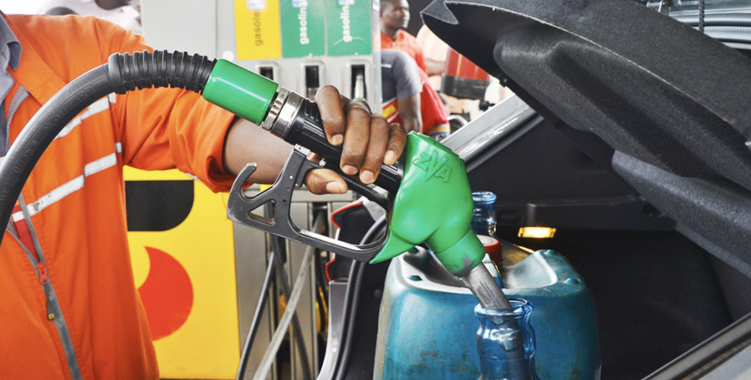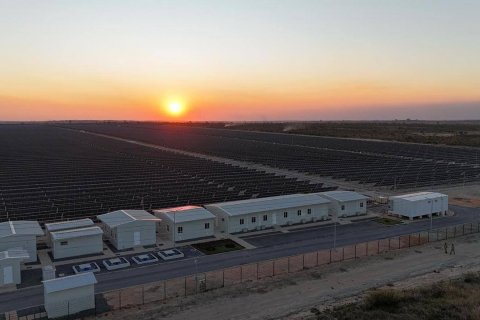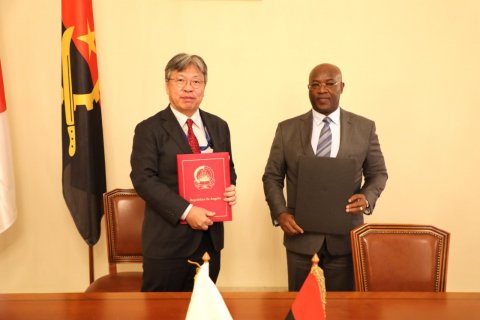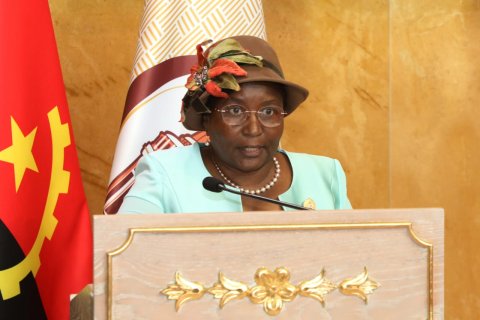According to the president of the Angolan Motorcyclists and Transporters Association (Amotrang), the increase in fuel prices will impact all areas, as "everything goes through it [fuel]".
"All goods are transported by means of transport to reach the markets, to reach the points of purchase of consumers", argued Bento Rafael, in statements to Lusa, reacting to the increase in the price of diesel at midnight this Friday.
On Thursday night, the Government announced the second increase in the price of diesel this year, which went from the current 300 kwanzas to 400 kwanzas.
Bento Rafael also highlighted that even farm produce that is transported to the nearest markets by diesel-powered vehicles will have to change in price, eventually affecting the end consumer.
"The population will assume all of this, there will be no transport company that will not increase the cost of transport", said the association leader, stressing that it is to be expected that "everything will cost a bit more, therefore, it will have a negative impact, as expected".
Although the increase in diesel prices will not directly impact the activity of motorcycle taxi drivers, who mainly use gasoline, they will also feel the increase because it is transversal to all transport activities.
"The diesel transporter is the one who brings the cassava to the fields, now, if cassava used to cost one hundred, now it will cost more, and the motorcycle taxi driver is a consumer of this market, so he will increase the price of the trip to cover his food, this is direct", he argued.
"Our motorcycle taxi driver does not have much to do other than touch the passenger", added Bento Rafael, remembering that the motorcycle taxi activity has been "a refuge for the individual who cannot find another job", and it is impossible to recommend another activity due to the negative impact of the increase in the price of fuel, because "there is no other activity".
The president of Amotrang said that there have already been attempts to direct members to agricultural activity, but there are difficulties in finding legal spaces to carry out this type of work.
The president of the Association of Road Transport of Goods of Angola (Atroma), António Gavião Neto, also considered that the increase in prices in the coming days is expected, "because operators have to charge according to their expenses".
"Freights are adjusted according to the expenses they have with fuel, because the market for the sale of parts and accessories also understands that the price should increase according to the increase per litre of diesel, everything works in a chain", he stressed.
António Gavião Neto said that when the measure was presented by the Government as a need to balance the national economy, the association expressed its opinion, but the need for adjustment by the national treasury "speaks louder".
"It was expected that as fuel subsidies were removed, other additional measures would be taken to alleviate the suffering of the population, such as food, for example, the basic food basket, which should be safeguarded," he said.
However, as subsidies are being removed, there are no "additional measures to mitigate the increase in the price of the basic food basket," added António Gavião Neto.
The leader of Atroma said that there is already a reduction in the number of people requesting transport services, which is expected to get much worse.







